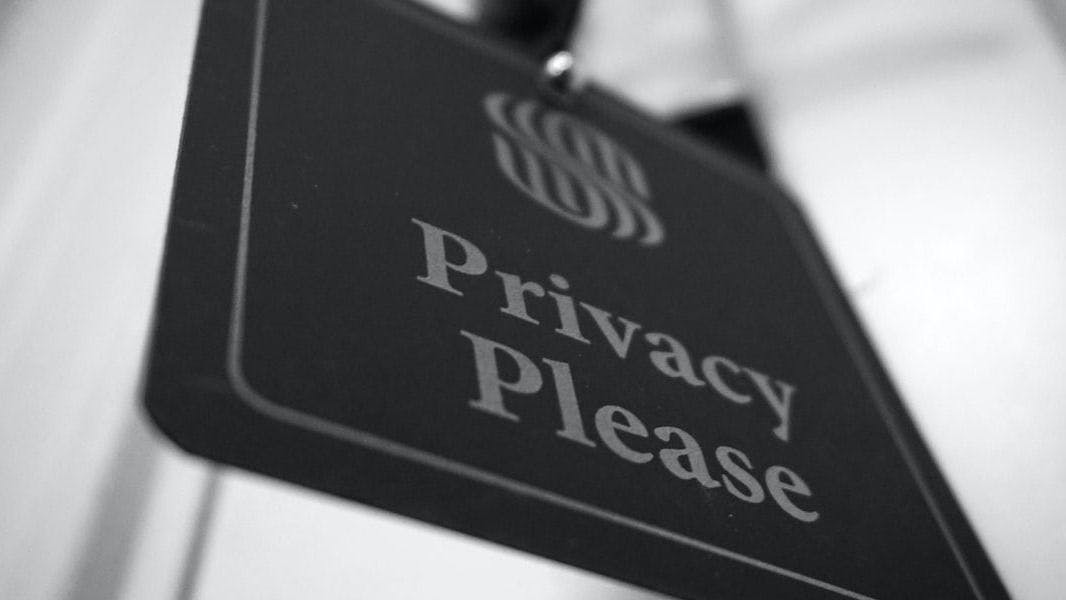238 reads
How to Protect Your Digital Identity
by
October 10th, 2021
I love HN authors, publishing, and talking incessantly about AI, Tech,Startup,Blockchain & etc.
About Author
I love HN authors, publishing, and talking incessantly about AI, Tech,Startup,Blockchain & etc.
